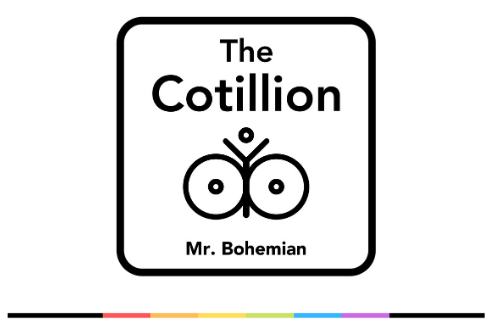“What are the differences between critiques, edits, and proofreading?”
TL;DR
When should I purchase proofreading?
For a last sweep of minor issues: punctuation and typos.
When should I purchase an editing service?
To review essential factors in your work: plot, word usage, word choice, intention, and style.
When should I purchase a critique service?
After a work is edited, proofread, and overall, ready for a consumer. The critic experiences your finished work and provides the golden end client perspective.
Not all writing reviews are the same, lest Bob be robbed of all his brainpower trying to do it all in one go. The differences in proofreading and editing are the most often confused; in short, editing is for major errors, while proofreading is for minor issues. Their differences can be better described here.
A critique is a stage of its own. It requires the product to be finished, or just about such. Any less, it’s editing or proofreading. The purpose of the critique is to experience the product at its full competence to test for incompetent flaws that could not be drawn out by the editing or proofreading runs.
The end client, the final user or experiencer, provides the most lucrative perspective of whether the product flies or dies. Even if the product is sound, there will almost always be an unexpected reception issue, such as an incompatibility of one of the characters with the targeted demographic. The plot could provoke an unintended, distasteful response. Any issues found with the critique will be an urgent signal for the writer to change their game by returning to revision, or draw up their justifications for their writing choice to remain.
Bob has only constructive, non-nitpicking critiques in mind with a No Rotten 🍅 Promise™. Let’s get your piece in shape.


